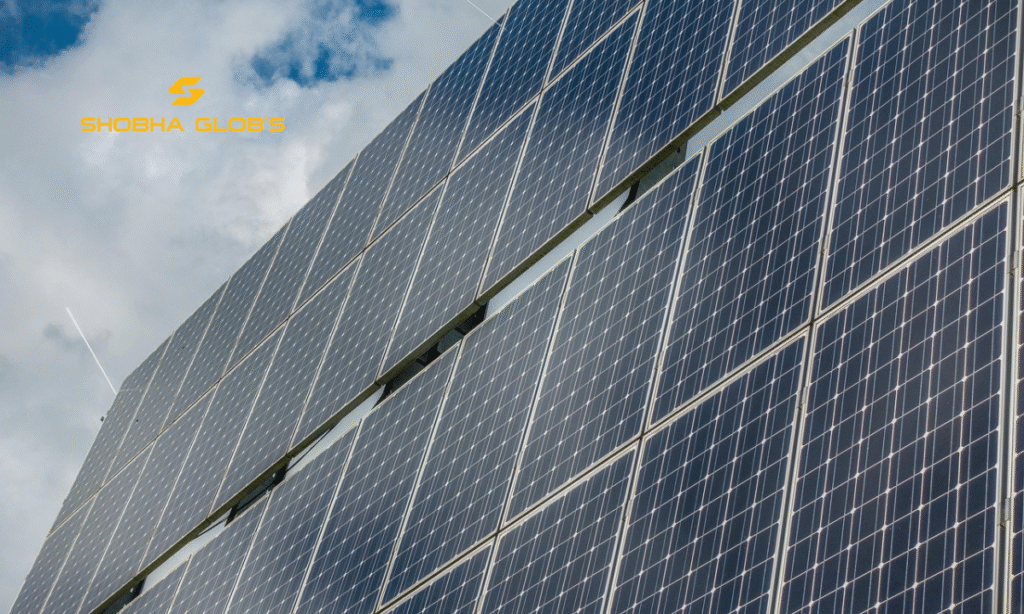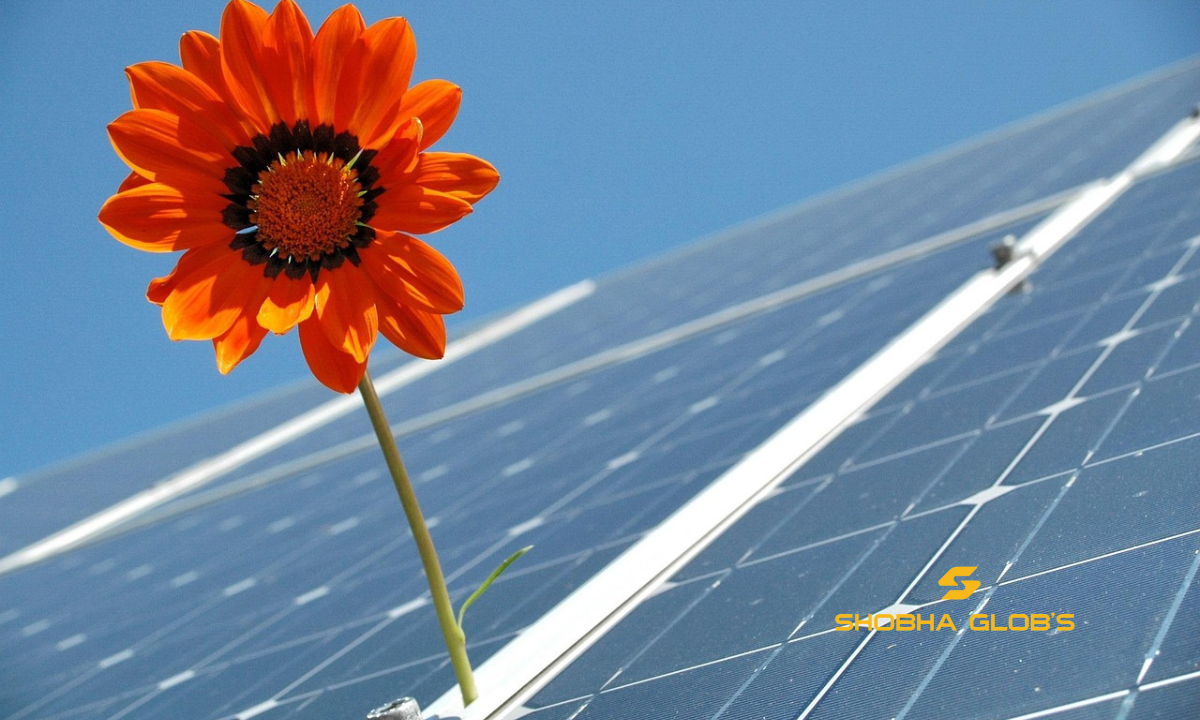Advantages of Solar Energy are becoming increasingly clear in India, where the demand for sustainable power solutions is rising every year. From reducing electricity bills to protecting the environment, solar has positioned itself as one of the most reliable and cost-effective energy sources.
In this blog, we will break down the top 10 advantages of solar energy, explain its meaning, and highlight its efficiency, uses, and role in daily life. We will also show how a Solar EPC Company in India can maximize these benefits for individuals and businesses. By the end, you will discover why switching to solar could be the smartest decision for the future.
1. Clean and renewable source of power

At its core, solar energy meaning is simple, it’s power generated by capturing sunlight using photovoltaic (PV) panels or solar thermal systems.
This makes solar energy an entirely renewable source of electricity that reduces dependence on fossil fuels and minimizes harmful emissions.
2. Reduction in electricity bills
One of the biggest solar energy benefits is cost savings. By generating your own power, your reliance on grid electricity decreases, cutting down monthly bills.
For example, a family installing a 5 kW solar energy for home system can save up to 50–70% of their electricity costs annually.
3. Energy independence
With a properly installed solar energy plant, households, businesses, and industries reduce their dependence on power distributors.
This is especially valuable in areas where power cuts and rising tariffs are common. Over time, this independence ensures greater stability and predictability in energy expenses.
4. Low maintenance costs
Solar panels generally require minimal maintenance. Regular cleaning and occasional professional checks are enough to keep them running efficiently for 20–25 years.
The durability of these systems makes them a long-term investment with very low operating costs.
5. Job creation and local economy growth
The growth of solar energy companies and their allied industries has created thousands of jobs across India. From panel manufacturing to system installation, the sector supports skilled and unskilled workers alike.
This ripple effect strengthens the local economy while promoting sustainability.
6. Solar energy efficiency keeps improving
Modern PV panels are far more efficient than older versions. With better solar energy efficiency, today’s systems can generate more electricity from the same amount of sunlight.
This progress ensures that every new installation becomes more cost-effective and productive than before.
7. Diverse uses of solar energy
Solar energy uses go beyond just electricity generation. Solar power can be harnessed for:
| Application | Example |
| Electricity | Powering homes, offices, and industries |
| Water heating | Solar geysers for residential use |
| Agriculture | Solar-powered irrigation pumps |
| Lighting | Solar street lights and garden lamps |
| Industrial | Running machines and production units |
This versatility makes solar one of the most adaptable forms of renewable energy.
8. Government incentives and support
India’s government actively promotes solar adoption through subsidies, tax benefits, and net metering policies.
For instance, homeowners can sell excess power back to the grid, further enhancing the solar energy benefits they enjoy.
Our Solar EPC Company in India ensures clients take full advantage of these schemes by handling paperwork and compliance seamlessly.
9. Environmental protection
Every kilowatt-hour of solar power generated reduces carbon emissions. By switching to solar, we directly reduce greenhouse gas output, air pollution, and reliance on depleting fossil fuels.
This makes solar one of the most effective solutions in the fight against climate change.
10. Long-term investment value
Installing solar is more than just a cost-saving measure; it’s an investment. The payback period for a typical system is 4–6 years, after which most of the electricity generated is virtually free.
Over a system’s 25-year life span, the returns are unmatched by most other investments.
Tips for Maximizing Solar Energy Benefits
- Assess your needs: Understand your power consumption before choosing a system size.
- Choose quality panels: Higher efficiency means better long-term savings.
- Go with experts: Work with a trusted solar energy company or EPC provider for smooth installation.
- Monitor regularly: Use smart apps or meters to track generation and consumption.
Final Thoughts
The advantages of solar energy in India are not just financial but also social and environmental. From saving money to reducing carbon emissions and creating jobs, the impact is wide-reaching.
As demand grows, working with the right partner becomes essential. By aligning with a trusted Solar EPC Company in India, individuals and businesses can unlock maximum value and contribute meaningfully to the nation’s renewable journey.
At Shobha Globs, we believe solar is more than just a technology; it is a step towards a sustainable, self-reliant future. Let’s take that step together.
FAQs about Solar Energy
Q1. What does solar energy mean in simple words?
It is energy generated by capturing sunlight and converting it into electricity or heat.
Q2. How efficient is solar energy today?
Thanks to advances in technology, modern panels achieve higher solar energy efficiency, generating more power even in limited sunlight.
Q3. Can solar energy for home really power everything?
Yes, with the right system size, you can run household appliances, lighting, and even heavy equipment like air conditioners on solar.
Q4. Do I need a solar energy company for installation?
Yes, a professional ensures safety, correct system sizing, and better returns. Many homeowners choose a Solar EPC Company in India for hassle-free service.

